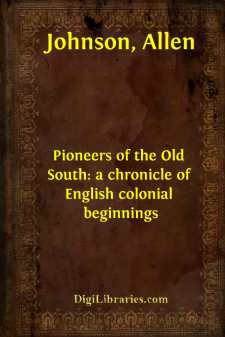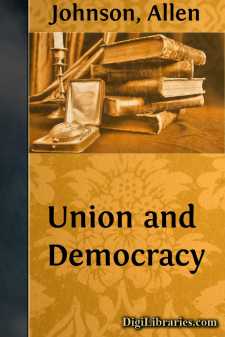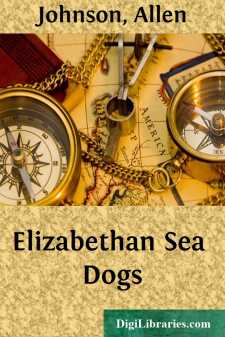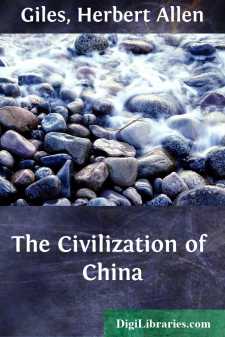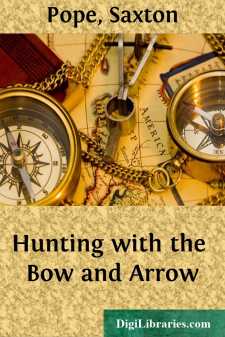Categories
- Antiques & Collectibles 13
- Architecture 36
- Art 48
- Bibles 22
- Biography & Autobiography 813
- Body, Mind & Spirit 142
- Business & Economics 28
- Children's Books 17
- Children's Fiction 14
- Computers 4
- Cooking 94
- Crafts & Hobbies 4
- Drama 346
- Education 46
- Family & Relationships 57
- Fiction 11829
- Games 19
- Gardening 17
- Health & Fitness 34
- History 1377
- House & Home 1
- Humor 147
- Juvenile Fiction 1873
- Juvenile Nonfiction 202
- Language Arts & Disciplines 88
- Law 16
- Literary Collections 686
- Literary Criticism 179
- Mathematics 13
- Medical 41
- Music 40
- Nature 179
- Non-Classifiable 1768
- Performing Arts 7
- Periodicals 1453
- Philosophy 64
- Photography 2
- Poetry 896
- Political Science 203
- Psychology 42
- Reference 154
- Religion 513
- Science 126
- Self-Help 84
- Social Science 81
- Sports & Recreation 34
- Study Aids 3
- Technology & Engineering 59
- Transportation 23
- Travel 463
- True Crime 29
Pioneers of the Old South: a chronicle of English colonial beginnings
by: Allen Johnson
Categories:
Description:
Excerpt
CHAPTER I. THE THREE SHIPS SAIL
Elizabeth of England died in 1603. There came to the English throne James Stuart, King of Scotland, King now of England and Scotland. In 1604 a treaty of peace ended the long war with Spain. Gone was the sixteenth century; here, though in childhood, was the seventeenth century.
Now that the wars were over, old colonization schemes were revived in the English mind. Of the motives, which in the first instance had prompted these schemes, some with the passing of time had become weaker, some remained quite as strong as before. Most Englishmen and women knew now that Spain had clay feet; and that Rome, though she might threaten, could not always perform what she threatened. To abase the pride of Spain, to make harbors of refuge for the angel of the Reformation—these wishes, though they had not vanished, though no man could know how long the peace with Spain would last, were less fervid than they had been in the days of Drake. But the old desire for trade remained as strong as ever. It would be a great boon to have English markets in the New World, as well as in the Old, to which merchants might send their wares, and from which might be drawn in bulk, the raw stuffs that were needed at home. The idea of a surplus population persisted; England of five million souls still thought that she was crowded and that it would be well to have a land of younger sons, a land of promise for all not abundantly provided for at home. It were surely well, for mere pride's sake, to have due lot and part in the great New World! And wealth like that which Spain had found was a dazzle and a lure. "Why, man, all their dripping-pans are pure gold, and all the chains with which they chain up their streets are massy gold; all the prisoners they take are fettered in gold; and for rubies and diamonds they go forth on holidays and gather 'em by the seashore!" So the comedy of "Eastward Ho!" seen on the London stage in 1605—"Eastward Ho!" because yet they thought of America as on the road around to China.
In this year Captain George Weymouth sailed across the sea and spent a summer month in North Virginia—later, New England. Weymouth had powerful backers, and with him sailed old adventurers who had been with Raleigh. Coming home to England with five Indians in his company, Weymouth and his voyage gave to public interest the needed fillip towards action. Here was the peace with Spain, and here was the new interest in Virginia. "Go to!" said Mother England. "It is time to place our children in the world!"
The old adventurers of the day of Sir Humphrey Gilbert had acted as individuals. Soon was to come in the idea of cooperative action—the idea of the joint-stock company, acting under the open permission of the Crown, attended by the interest and favor of numbers of the people, and giving to private initiative and personal ambition, a public tone. Some men of foresight would have had Crown and Country themselves the adventurers, superseding any smaller bodies. But for the moment the fortunes of Virginia were furthered by a group within the great group, by a joint-stock company, a corporation....


